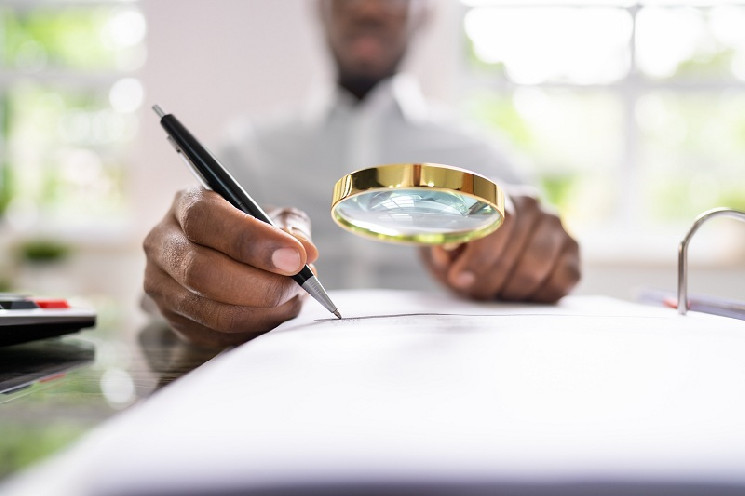The crypto market woke up to some very positive news on Monday morning following the official announcement by Worldcoin that it had launched its native token $WLD. The token took off and registered a 70% price surge minutes after its launch and several exchanges have already lined up to list the token.
Although the $WLD token created some exciting trading opportunities, a majority of the major cryptocurrencies including Bitcoin ($BTC), Ethereum (ETH), and Ripple ($XRP) remained in the red. $BTC was down 2.32%, Ethereum was down 1.25%, and $XRP was down 5.71% despite the positive impact of the win against the US SEC.
What is Worldcoin and how does it work?
Copy link to section
Worldcoin was founded by Sam Altman, the CEO of OpenAI. It is designed to provide a “digital passport” that enables owners to demonstrate that they are human and not a robot. It uses Orbs, devices that scan a person’s eyeball to generate a World ID, to accomplish this.
However, Ethereum founder Vitalik Buterin has cautioned that there are significant risks in the race to develop one such digital passport, but added that an efficient, trustworthy proof-of-personhood system, like Worldcoin, “seems very valuable.”
What issues does Buterin have with Worldcoin’s design?
Copy link to section
The co-founder of Ethereum is worried about privacy and iris scanning. Buterin worries that this could gather far more information than initially appears, such as a person’s sex, ethnicity, and even specific medical conditions.
The accessibility argument, and how likely it is that everyone who wants a World ID can get one, maybe Buterin’s most pragmatic one.
According to the most recent data from Worldcoin, 1,500 Orbs will be made available in 35 cities around the world as the year goes on, helping to increase the total weekly registrations from 40,000 to 200,000. It projects that two million people have already registered for a World ID.
Buterin has stated that sign-ups might quickly reach a plateau since “there are only a few hundred Orbs, compared to billions of smartphones.” He notes that “it would be challenging to create a world where an Orb is within five kilometres of every person, even with distributed manufacturing on a much larger scale.”
Buterin thinks that if Orbs do spread widely, the problems would not stop there since there is nothing that could prevent a government from outlawing Orbs or from using this technology to compel its people.
Nevertheless, Buterin emphasized that although building a robust proof-of-personhood system won’t be easy nor quick, he believes a world without proof-of-personhood also has dangers.
Get started in crypto easily by following crypto signals & charts by pro-trader Lisa N Edwards. Sign-up today for easy-to-follow trades for tonnes of altcoins at GSIC.
 invezz.com
invezz.com
